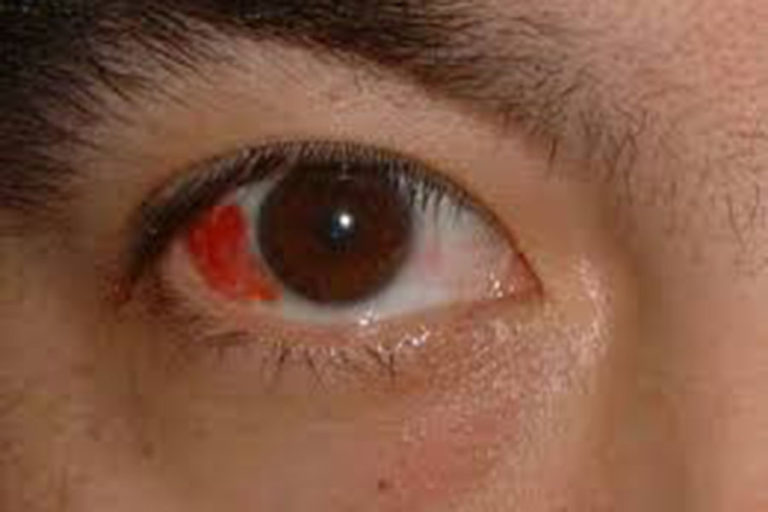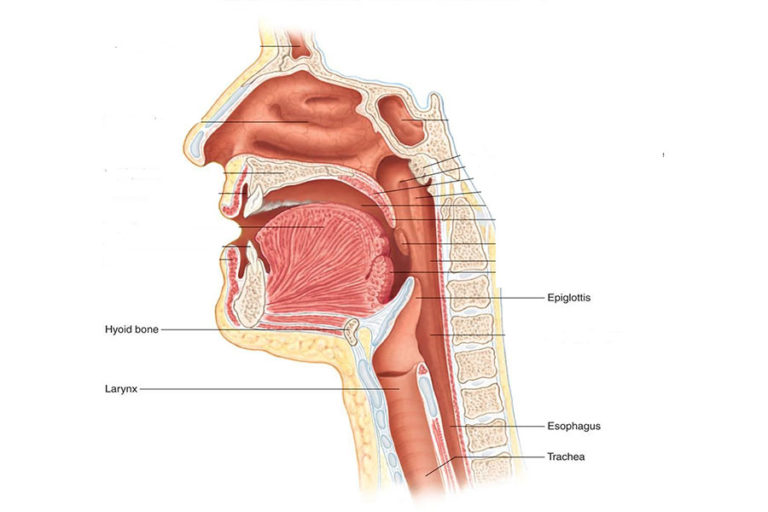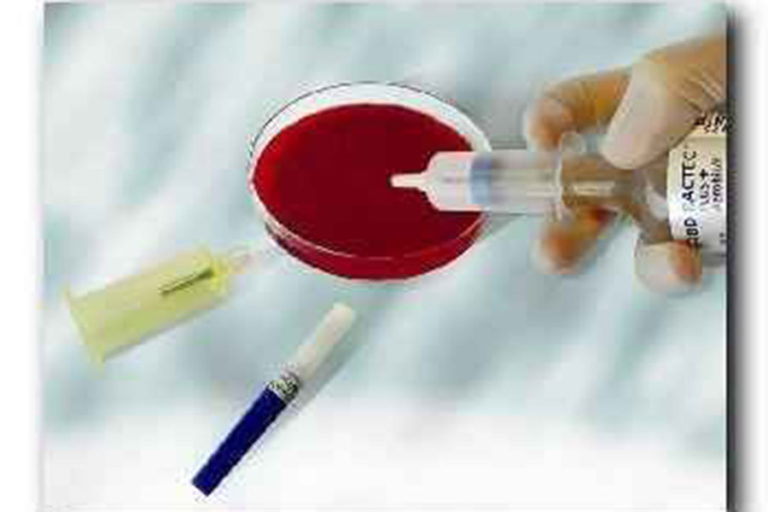Neglect by IHSS Providers for Elderly/Disabled
Care provided in home for elderly and dependent people is often through a governmental program called IHSS or similar. For a description of the care provided and what tasks are permitted by these caregivers check…

















